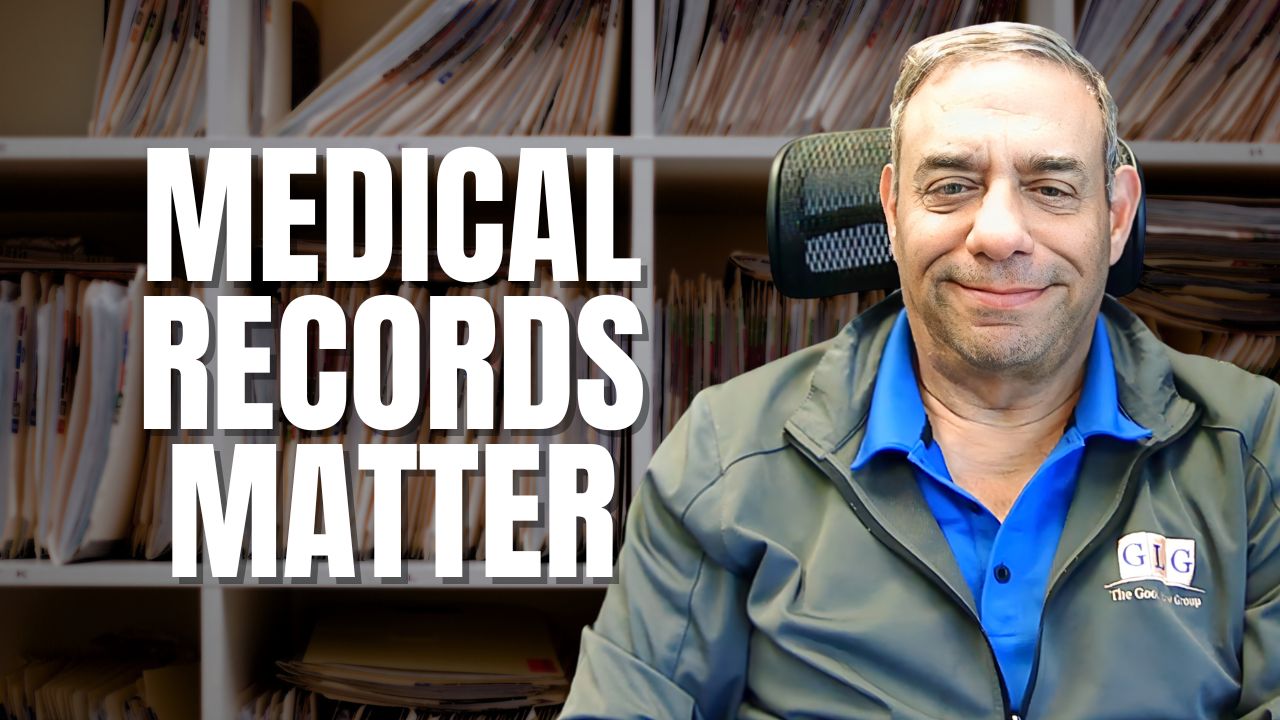A successful SSD application needs sufficient medical evidence to support its claim that the applicant is significantly affected by a disability. By learning more about what medical evidence the Social Security Administration (SSA) likes to see in applications, you can prepare your medical evidence for your SSD application to succeed.
Social Security disability benefits are only awarded to persons who are unable to earn a livable wage due to a severe physical or mental impairment. Because of this requirement, medical evidence is the heart of any Social Security Disability (SSD) application.
Disability examiners reviewing SSD applications determine whether a claimant qualifies for benefits by reviewing the claimant’s medical records. In making this determination, the focus is not just whether the claimant is impaired, but whether his or her impairment is severe enough to prevent the claimant from earning a living.
Medical evidence must come from an acceptable source
The SSA requires that documentation for a SSD application come from an acceptable medical source. This means that the documentation provided must come from medical professionals that the SSA trusts. Acceptable medical sources include any physician that is licensed by a state professional licensing agency – for example, licensed physicians, psychologists, or optometrists. Medical opinions from sources that are not licensed will not carry any weight with disability examiners.
Medical evidence must be timely, accurate, and adequate
Timely, accurate, and adequate medical records can speed up the time it takes for the SSA to make a decision on your application. Timely records that are relevant to the applicant’s current condition have great weight with disability examiners – especially if the disability is rapidly changing and requires up-to-date information. Accurate records correctly describe the applicant’s disability and follow the SSA’s requirements for acceptable medical sources. Adequate records contain enough information for the disability examiner to make a decision.
By including sufficient medical evidence with a SSD application, the disability examiner has what he or she needs to make a decision and can make that decision faster as a result. Otherwise the disability examiner would be forced to track down more medical information before he or she could make a decision on the application.
The Evidence That Will Help You Win Your SSDI Case
Did you know there are three types of evidence that will help win your Social Security Disability case? They are objective records, treatment notes, and the doctor’s subjective opinion about your functional limitations. They will increase your chances of success, and it starts with objective records. To hear more, watch this short video.

One of the most useful pieces of evidence is objective records. This can come in the form of x-rays, CAT scans, MRI’s, or IMG’s. In orthopedic or brain injury cases, these will show the severity and establish a diagnosis. However, this alone will not make you win your case.
Another thing you’ll need is supporting medical notes from a physician, qualified physician’s assistant, or nurse practitioner. The notes from your doctors and treatment providers must be consistent with the objective evidence. Everything needs to be documented and match up with one another.
Lastly, you’ll want to obtain doctors’ opinions from official medical practitioners, specifically about your functional limitations. For example, if your doctor sees that you have neuropathy in your legs and you complain about numbness and burning, the Social Security Administration will want to know how much sitting, standing, and walking you can do with the legs that are affected. This is true with all conditions.
If you or your loved one needs help with their Social Security case, please feel free to reach out! You can call or email us anytime, and we would love to help.
What happens if medical evidence is insufficient
If the disability examiner determines that an applicant’s medical evidence is inadequate, he or she may contact the applicant’s physicians to obtain more information or require the applicant to participate in a consultative examination. A consultative examination is a medical exam that is performed by the applicant’s treating physician in order to obtain up-to-date information for the SSA about the applicant’s conditions. Once the SSA finally obtains enough medical evidence about an applicant’s condition, it can make a determination about whether an applicant qualifies for disability benefits.
Are you applying for SSDI benefits for the first time or have you been denied SSDI benefits? Consider the law office of Neil H. Good for your representation. Contact us online for a free case evaluation or call #(847) 577-4476.









